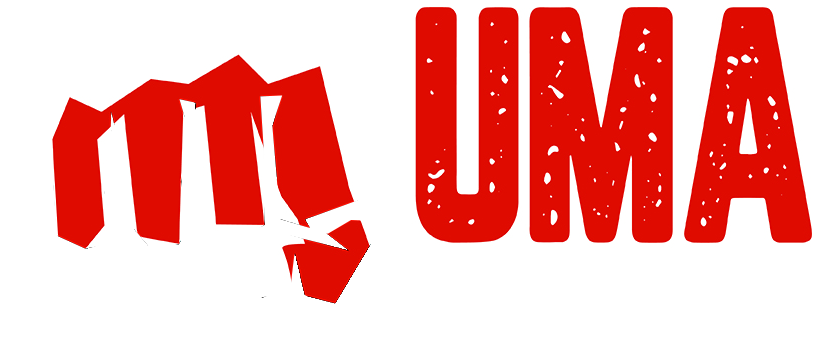



BRAZILIAN JIU-JITSU
About Brazilian jiu-jitsu
Brazilian Jiu-Jitsu (BJJ; /dʒuːˈdʒɪtsuː/; Portuguese: [ˈʒiw ˈʒitsu], [ˈʒu ˈʒitsu], jiu-jitsu brasileiro) is a martial art and combat sport based on ground fighting (ne-waza) and submission holds. It focuses on the skill of taking an opponent to the ground, controlling one's opponent, gaining a dominant position, and using a number of techniques to force them into submission via joint locks or chokeholds.
Brazilian Jiu-Jitsu was first developed around 1920 by Brazilian brothers Carlos, Oswaldo, Gastão Jr., George, and Hélio Gracie, after Carlos was taught traditional Kodokan judo by a travelling Japanese judoka, Mitsuyo Maeda, in 1917. Later they developed their own self-defense system named Gracie Jiu-Jitsu. BJJ eventually came to be its own defined combat sport through the innovations, practices, and adaptation of Gracie Jiu-Jitsu and Judo, and became an essential martial art for modern MMA.
Source: Wikipedia
Description
Brazilian Jiu Jitsu is a form of martial arts. It requires not only physical strength, but also presence of mind to dominate your opponent in the field. Many years of practice is required with consistency to become a black or blue belt champion in this game. Though the “How to Play” section is not detailed enough, yet it is sufficient enough to supplement the necessary etiquettes of this game.
Source: Tutorialspoint